If you are considering how to make your end-of-life wishes known and possible to execute, then you want to make sure you understand the advantages and limitations of two very powerful estate planning tools, wills and trusts. These tools form the basis of most estate plans, and at least one can usually benefit just about any person, no matter how modest or large his or her estate may be.
With a thorough understanding of the tools you have available and the laws that govern estate planning and probate in your state, you can assemble an estate plan that protects your rights and makes your wishes known to your loved ones. However, poorly executed estate planning documents can leave your family and other benefactors confused, fighting or unable to fulfill your wishes at all. If you need personal guidance through any estate planning issue, an estate planning professional can help ensure you understand your legal options and don’t miss out on important benefits or protections.
Wills
A will is an official document you can create to clearly state your wishes regarding what to do with your property when you pass away. If you die intestate, or without a will, the state must determine what to do with your possessions. This distribution may not be anything like a distribution of your assets that you approve.
Furthermore, allowing the state to decide which of your survivors gets which portion of your remaining possessions and debts, or estate, may actually decrease the value of the estate significantly and will almost certainly stretch out the process for weeks, months or even years longer than necessary.
It is important to create a will while you are still able to do so. If, for instance, you are in a car accident and enter a coma, you would have no way of making your wishes known to your family. Far too many people believe that they are too young to die, and can keep putting off making a will, and they simply never get around to it. If you have any estate to protect or any end-of-life wishes, be sure to create a will as soon as possible.
Trusts
Trusts are often a tool used in conjunction with a will. If you have an estate larger than the state-regulated probate threshold, that estate must go through the probate process, which often decreases its value through taxation and the expenses of the process itself. To protect some or all of your estate from unnecessary expenses, you may be able to place assets into a trust. These tools act as a sort of legal “box” that you can place your assets in, removing them from your legal possession.
Once your assets are in the trust, you do not legally possess them, and they enjoy some protections. However, it is important to understand that there are many different kinds of trusts, each with its own set of advantages and limitations.
Before you create a will or trust to utilize a certain kind of protection, be sure that you fully understand all of the estate planning tools you have available to ensure that you don’t miss out on important opportunities and protections.


